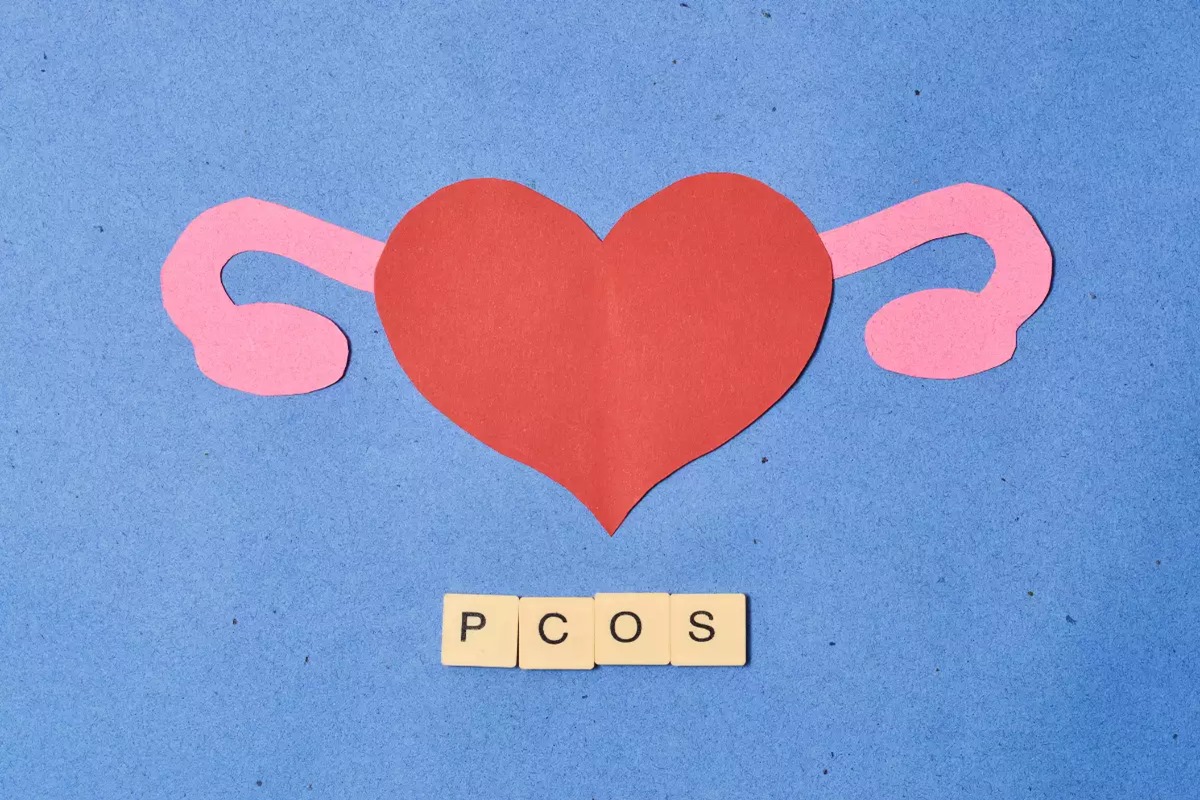As the global prevalence of PCOS (Polycystic Ovary Syndrome) continues to rise, it’s clear that our sedentary lifestyles and unhealthy choices are taking a toll on our health. PCOS, a hormonal imbalance that often emerges after puberty, can impact fertility, menstrual cycles, cause weight gain, and is associated with various metabolic disorders. While PCOS cannot be cured, adopting a healthier lifestyle, particularly by making better food choices, can help manage its symptoms. Here are some foods that can aid in alleviating the challenges posed by PCOS.
1. Leafy Greens for Blood Sugar and Inflammation:
Incorporating leafy greens into your daily diet is crucial for managing PCOS. These vegetables are packed with fiber, which helps stabilize blood sugar levels, improve digestion, and reduce inflammation—common issues for individuals with PCOS. Add nutrient-rich veggies like broccoli, spinach, and arugula to your meals. Broccoli, in particular, offers antioxidants that support cell regeneration and protect against free radicals.
Advertisement
2. Whole Grains for Sustained Energy:
Opt for whole grains in your three main meals. Unlike refined grains, whole grains retain their nutritional value and are rich in fiber, helping control blood pressure and manage early signs of diabetes. They’re also packed with antioxidants that combat inflammation. Include oats, quinoa, barley, whole wheat, millet, and buckwheat in your diet to stay full for longer, reducing unwanted hunger cravings.
3. Green Tea’s Multifaceted Benefits:
Studies have shown that green tea improves cognitive function and oral health. It also helps regulate blood sugar levels. Rich in polyphenol compounds, green tea combats inflammation, a common concern in PCOS. It serves as an excellent caffeine-free alternative to other drinks.
4. Fatty Fish for Omega-3s:
Incorporating fatty fish such as salmon, rohu, Indian mackerel, and hilsa into your diet at least three times a week is highly beneficial. These fish are rich sources of omega-3 fatty acids, a vital nutrient for women with PCOS. Omega-3s help manage weight and reduce inflammation. If you prefer plant-based sources, turn to chia seeds, brussels sprouts, flax seeds, and walnuts for your omega-3 needs.
In addition to these dietary changes, consult with your healthcare provider to create a tailored, well-balanced diet and exercise plan to effectively manage your PCOS symptoms. Taking these steps can make a significant difference in your quality of life.











